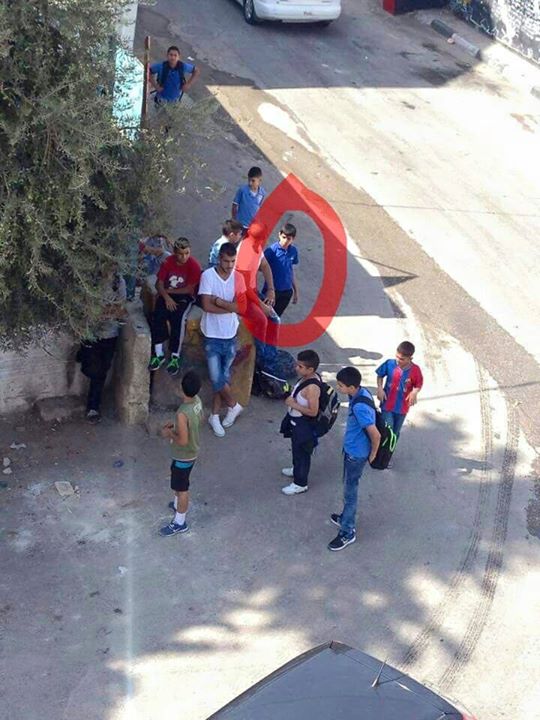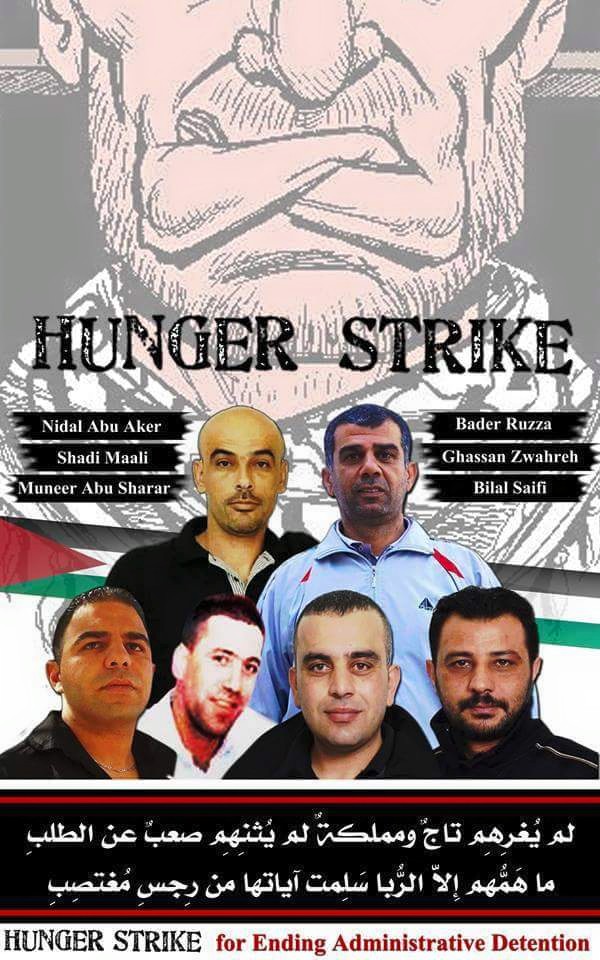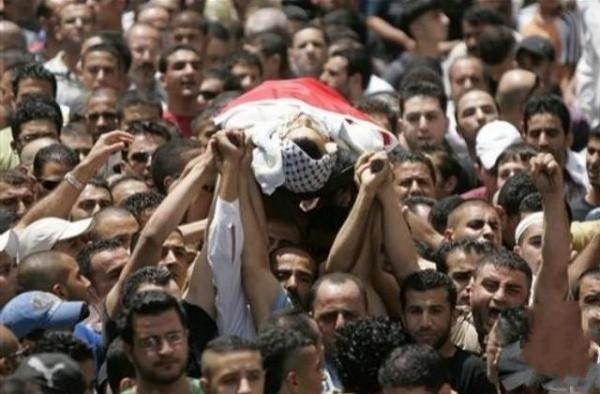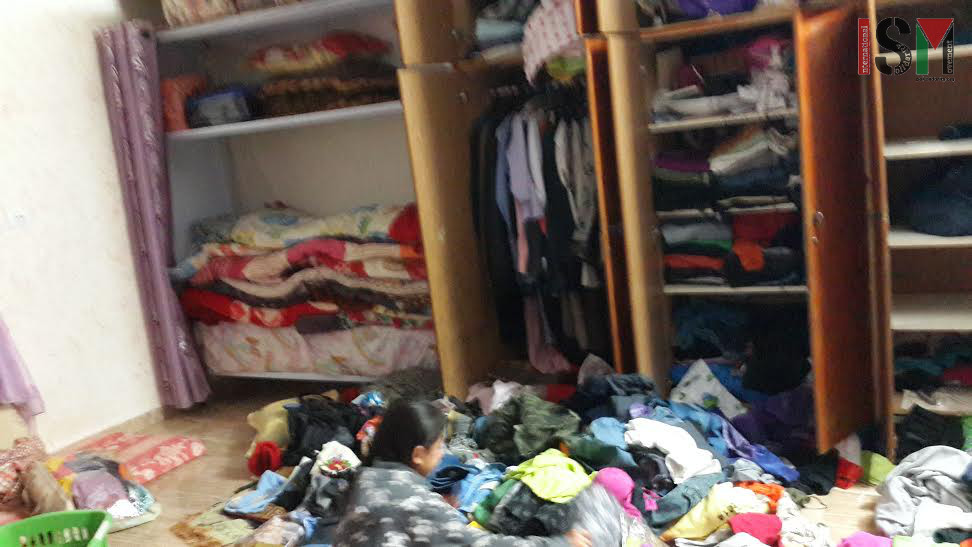Category: Nablus
-

Israeli army prevents farmers to pick olives in Burin
9th October 2015 | International Solidarity Movement, Nablus Team | Burin, Occupied Palestine This Friday morning, at approximately 10:30 am, a group of 6 soldiers came down the mountain from the illegal Israeli settlement, Arousa, in the village of Burin, to prevent the family of Ahmad Mustafa Najjar from picking their olives. Early in the morning,…
-

12 year old Palestinian killed in Bethlehem as violence explodes across the West Bank
5th October 2015 | International Solidarity Movement, Al-Khalil team | West Bank, occupied Palestine Abed al-Rahman Shadi Obeidallah, 12 was still in his school uniform when he was rushed in a civilian car to Beit Jala hospital from Aida refugee camp in Bethlehem today. The boy, from from a Al Kahder village, was shot in the…
-

ACTION ALERT! Battle of breaking the chains: 25 days of hunger strike for Palestinian prisoners
15th September | Palestinian Prisoner Solidarity Network | Occupied Palestine Palestinian prisoners in Israeli administrative detention are continuing their hunger strike to demand an end to imprisonment without charge or trial. Nidal Abu Aker, Ghassan Zawahreh, Shadi Ma’ali, Munir Abu Sharar,Badr al-Ruzza, Bilal Daoud Saifi and Suleiman Eskafi are all isolated by the Israeli prison…
-
UN report: 3 Palestinians killed, 92 displaced in a week
22nd August | The Palestinian Information Center | Occupied East Jerusalem OCCUPIED JERUSALEM, (PIC)– A report issued by the UN Office for the Coordination of Humanitarian Affairs (OCHA) showed the escalation of Israeli violations against Palestinian civilians in their occupied territories during 11-17 August, 2015. OCHA revealed that Israeli forces shot and killed two Palestinians,…
-
Nablus family home suffers brutal Israeli night raid
15th July 2015 | International Solidarity Movement, Nablus Team | Awarta, Occupied Palestine On Sunday, July 12, at 1:30 am, a group of 40 Israeli soldiers came into the village of Awarta circling and raiding the home of 22 year old Izzat Qawariq right before the family was preparing to go to sleep. His cousin…


